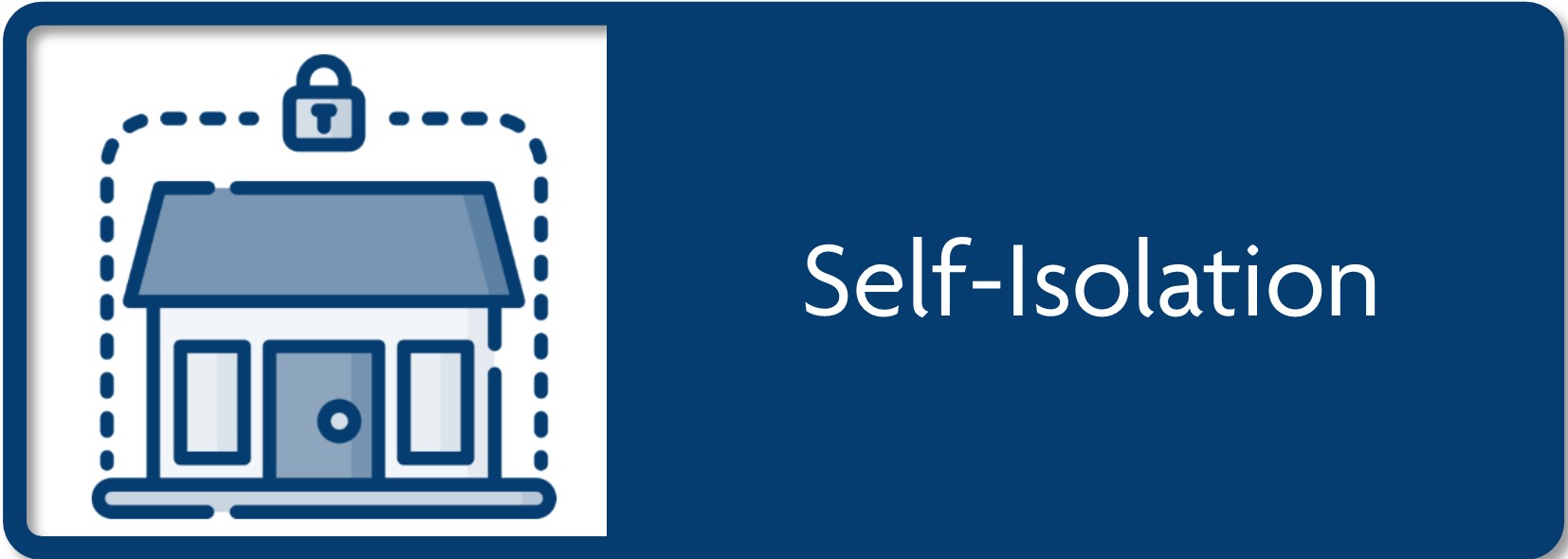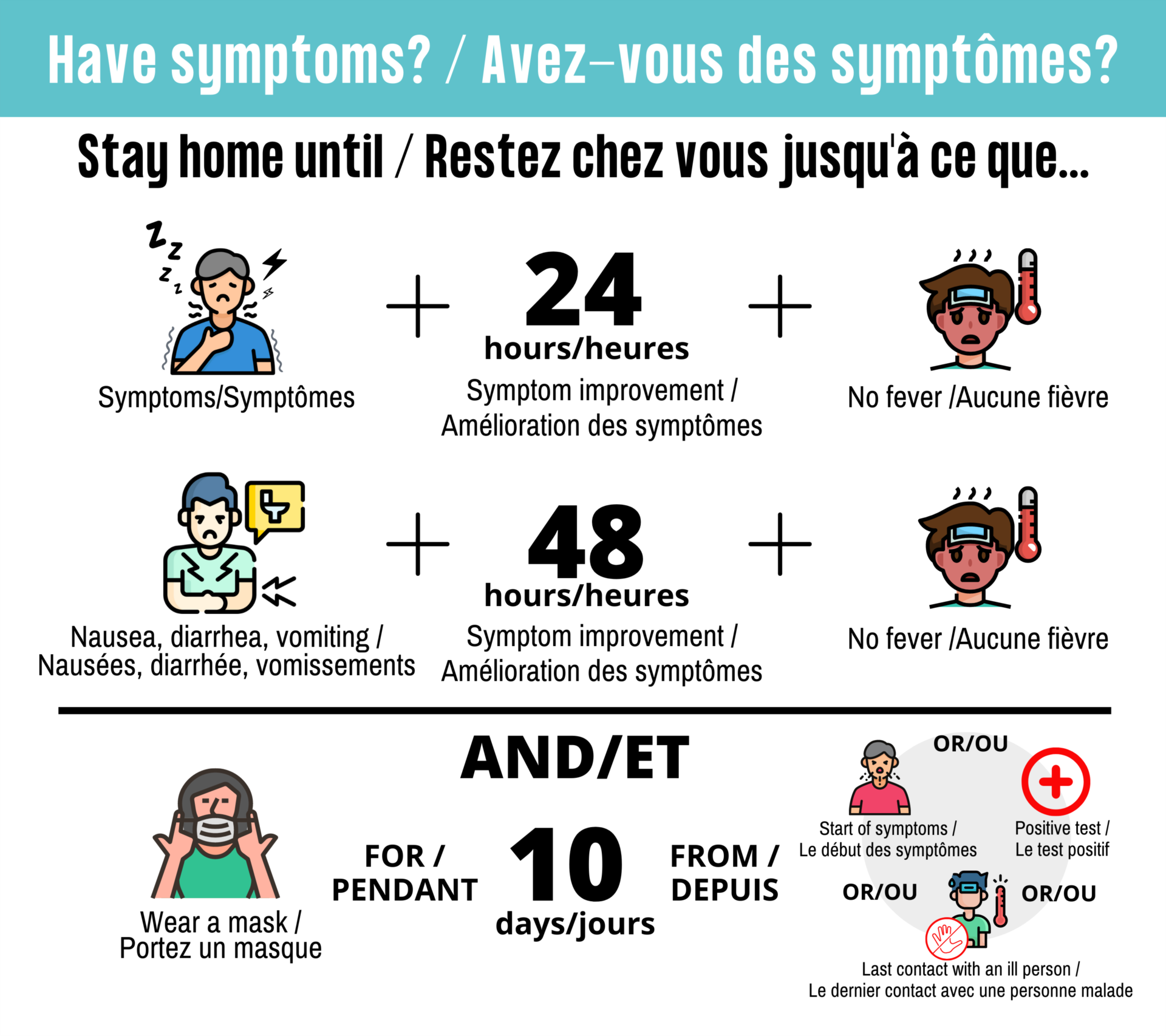Self-Isolation
On this page:
What is self-isolation?
Self-isolation helps prevent the spread of the virus. Self-isolation means that you do not leave your home except for individual outdoor exercise and to seek urgent medical care.
Do I need to self-isolate? What additional precautions do I need to take?

20231128/ml:nd